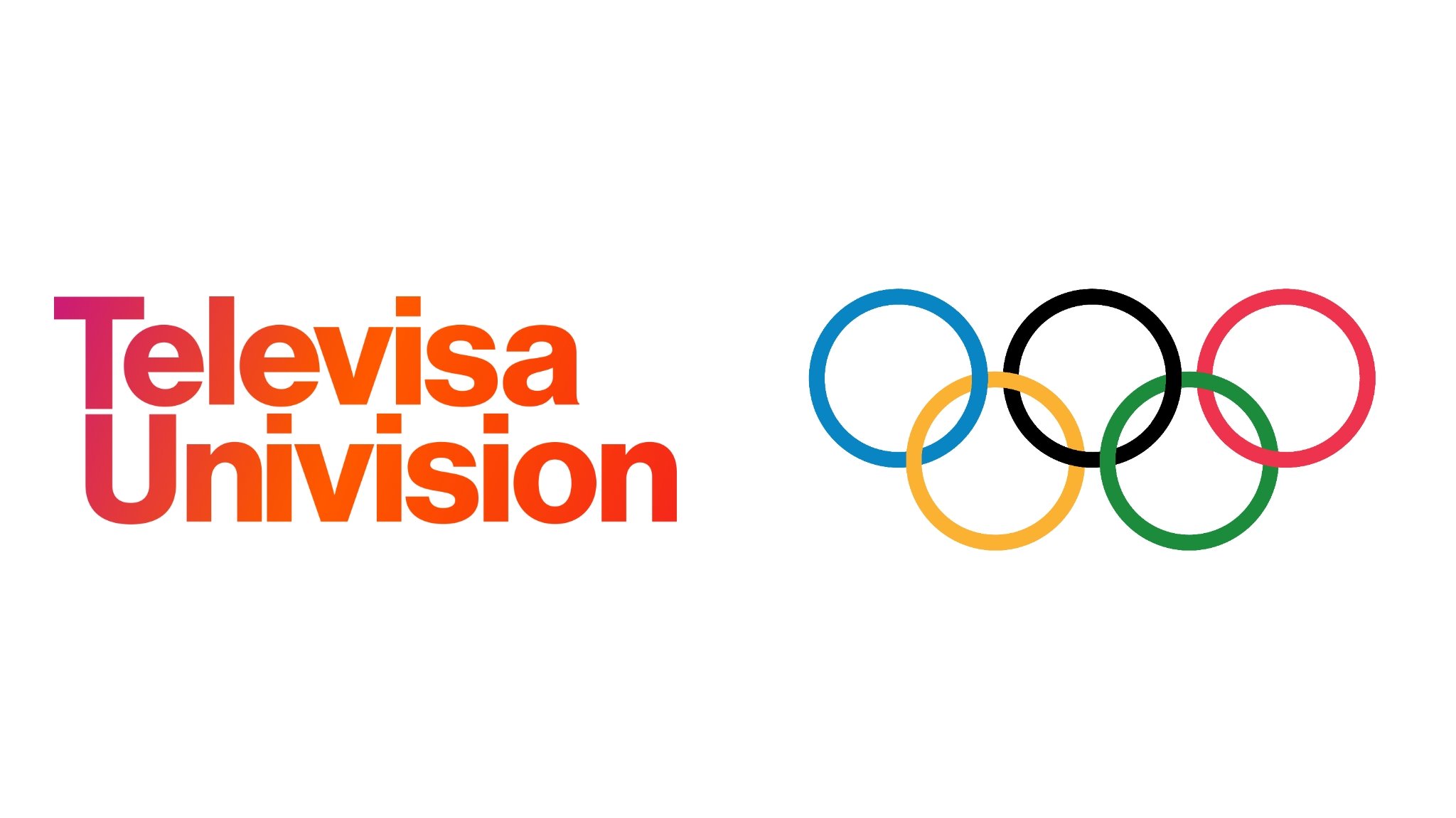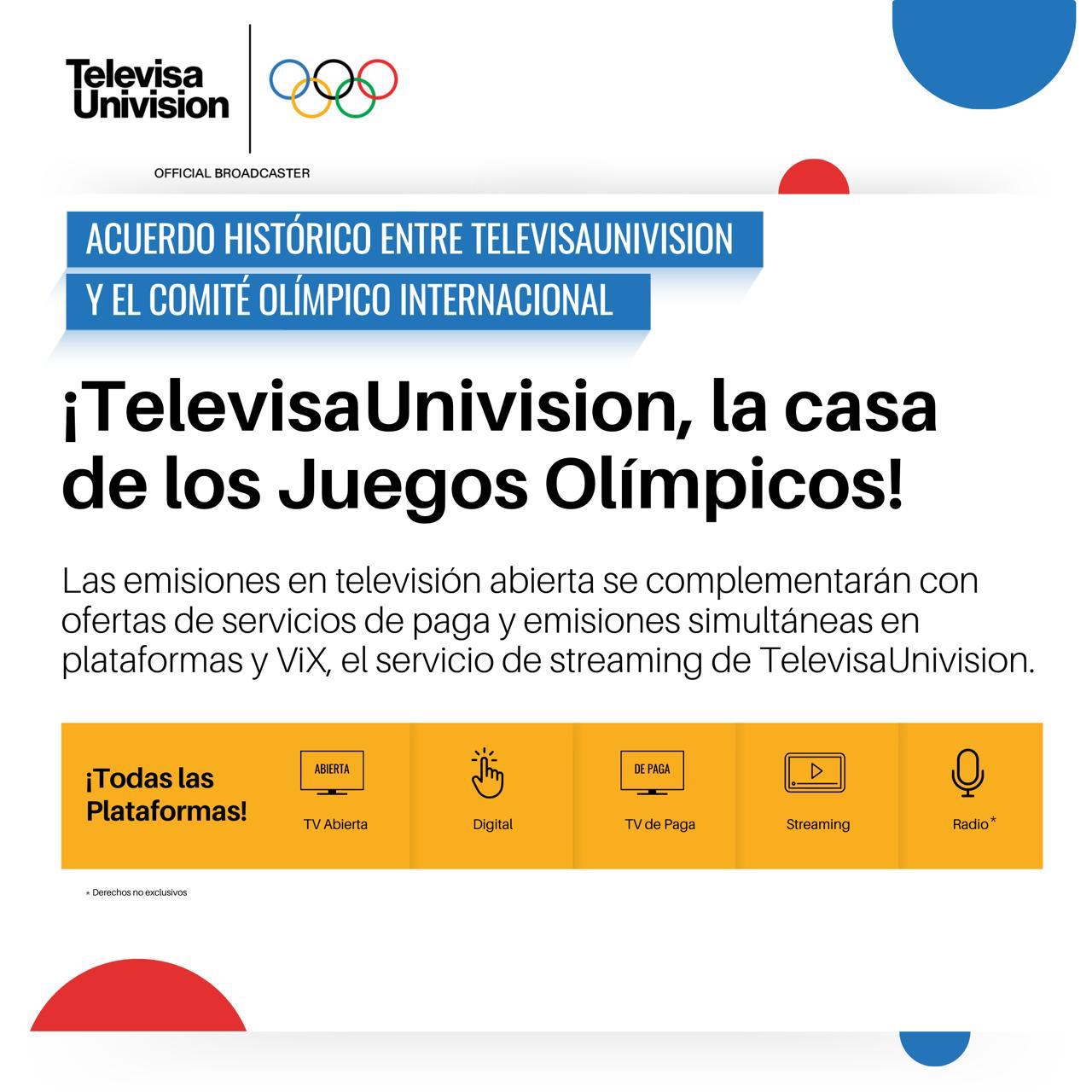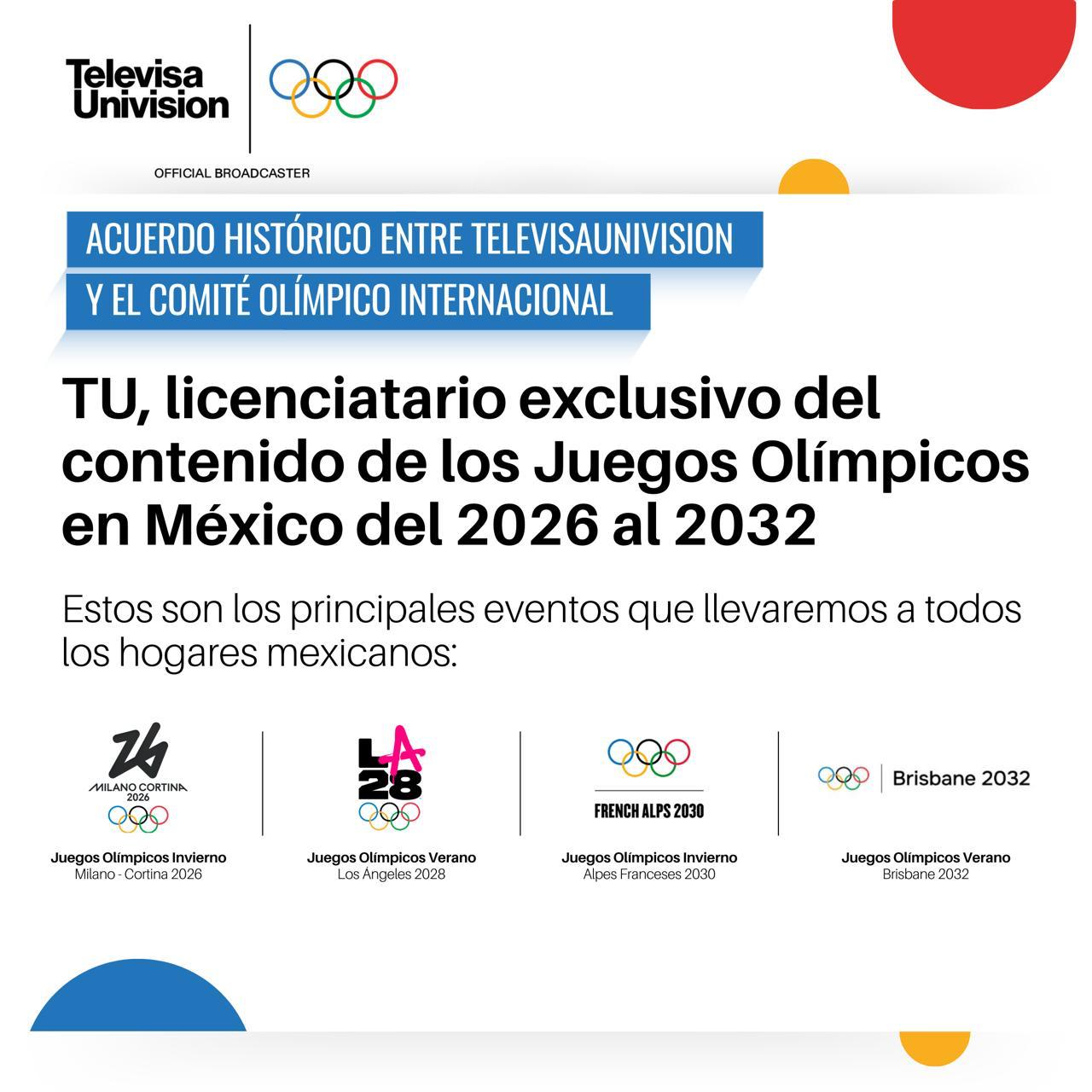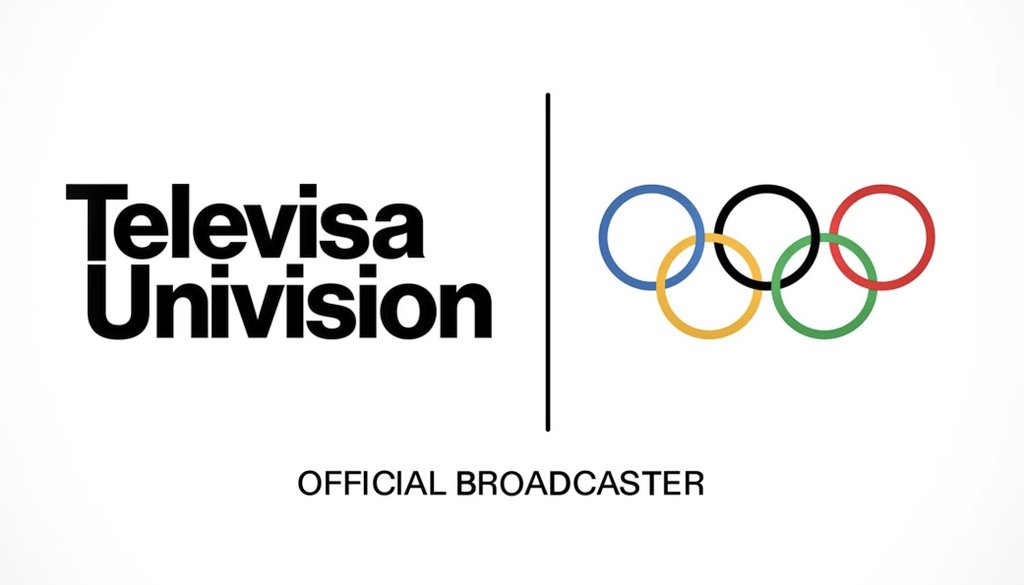The recent news that TelevisaUnivision will hold the exclusive broadcast rights for the Olympic Games until 2032 has sparked both excitement and concern. While some celebrate the deal, others question whether this represents a setback for media diversity and free access to sports information in Mexico. 🤔
A WIN OR A SETBACK? 📺
The agreement includes broadcasting the Winter Olympics Milano Cortina 2026, Los Angeles 2028, French Alps 2030, and Brisbane 2032, both on free-to-air television and on pay and digital platforms. Additionally, Televisa will be able to sublicense the rights, leaving a door open for other media outlets, like TV Azteca or Claro Sports, to participate… if Televisa allows it. 😏
Since 2014, Claro Sports had democratized access to the Olympic Games in Mexico and Latin America, offering broader and more varied coverage. Now, with Televisa’s return to full control, the question arises: will we see content-rich coverage, or simply a repeat of the traditional approach that prioritizes ratings over in-depth analysis? 🎯

WHO REALLY WINS? 🏆
TelevisaUnivision and the International Olympic Committee (IOC) are both enthusiastic. Olek Loewenstein, President of Global Sports at TelevisaUnivision, emphasized, “Our commitment is to continue bringing the best Olympic coverage to every corner of our country.” But, does this commitment really translate into quality coverage, or is it just a multimillion-dollar business disguised as sports patriotism? 💰
The IOC stated that the agreement was reached through a public bidding process, but the lack of transparency raises doubts about whether there was real competition or if it was just a formal procedure to legitimize a decision already made. 🧐

THE RISKS OF A MEDIA MONOPOLY ⚠️
Televisa’s exclusivity could limit the plurality of voices and perspectives in covering the Olympic Games. Less competition means less pressure to improve content quality and a higher likelihood of seeing controlled and homogeneous narratives. Furthermore, the power to sublicense the rights gives Televisa indirect control over which other media outlets can access this content, potentially further restricting informational diversity. 🚫

WHAT TO EXPECT FOR THE FUTURE? 🔍
With the Winter Olympics Milano Cortina 2026 on the horizon, it will be crucial to observe whether Televisa fulfills its promise of offering diverse and quality coverage. Or, on the contrary, if we will witness a return to an era where a single voice defined how we experienced the world’s most important sporting event. 🌍
The debate is open: is this an advance for sports journalism in Mexico, or a clear example of how economic power continues to shape access to information? 🤷♂️
In the end, it’s not just about broadcasting the Olympic Games, but ensuring that Mexicans can enjoy a rich, varied, and unrestricted offering.








